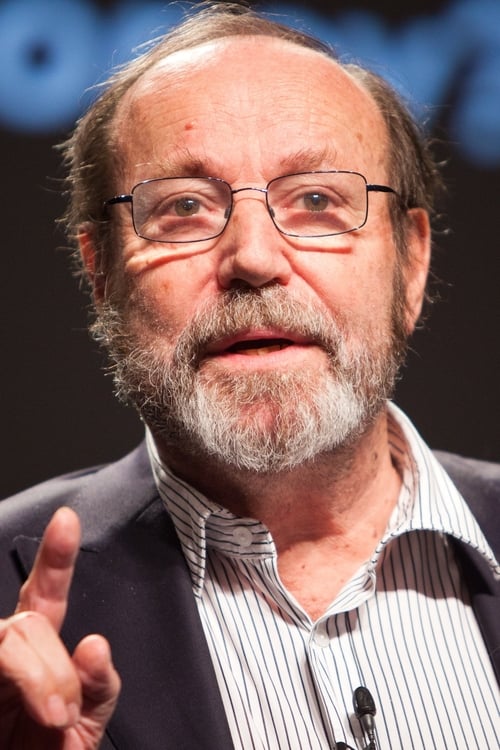Bernard A. Lietaer
Рождение : 1942-02-07, Lauwe, West Flanders, Belgium
Смерть : 2019-02-04
История
Bernard Lietaer (7 February 1942 – 4 February 2019) was a Belgian civil engineer, economist, author and professor. He studied monetary systems and promoted the idea that communities can benefit from creating their own local or complementary currency, which circulate parallel with national currencies.
Bernard Lietaer was born on 7 February 1942 in Lauwe, Belgium. He attended College of St Paul, Godinne from 1955 to 1961. He studied engineering at the Catholic University of Leuven, in Belgium, where, later in life, he held an assistant professorship of international finance. During his engineering studies, he was a member of the debating union Olivaint Conference of Belgium. After obtaining his M.Sc. in 1967, he went on to continue his studies at the MIT until 1969.
Lietaer's post-graduate thesis, published in 1971, included a description of "floating exchanges". The Nixon Shock of that same year eradicated the Bretton Woods system by decoupling the US dollar from the gold standard and inaugurated an era of "universal floating exchanges". Prior to that time, the only "floating exchanges" involved some Latin American currencies. The techniques which he had developed for marginal, Latin American currencies were for a time the only systematic research that could be used to deal with the major currencies of the world. A US bank negotiated exclusive rights to his approach and Lietaer began another career.
In 1987, he co-founded a currency-management firm, called GaiaCorp, and managed the offshore currency fund "Gaia Hedge II", which during the 1987-91 period was the world's top performing managed currency fund. His biography cites the Micropal survey of 1,800 off-shore funds.
In the preface to his book The Future of Money: Beyond Greed and Scarcity, Lietaer claimed: "We almost tripled the money in three years". Business Week named him "the world’s top currency trader" in 1992.
From 2003 to 2006, he was a visiting scholar at Naropa University, USA, where he created the university's Marpa Center for Business and Economics.
While at the Central Bank in Belgium, he implemented the convergence mechanism (ECU) to the single European-currency system. During that period, he also served as President of Belgium's Electronic Payment System.
In an 2007 interview, Lietaer claimed that diversified, internationally valid currencies can help "address specific needs and enable certain exchanges – whether to fight global warming, promote employment or facilitate education and health care."
In 2012, he was co-author, along with Christian Arnsperger, Sally Goerner, and Stefan Brunnhuber, of Money & Sustainability: the missing link, a publication of The Club of Rome, in which he predicted that "the period 2007-2020 [would be] one of financial turmoil and gradual monetary breakdown."
At the time of his death, Lietaer lived in Hoyerhagen, in northern Germany. Source: Article "Bernard Lietaer" from Wikipedia in English, licensed under CC-BY-SA 3.0.


